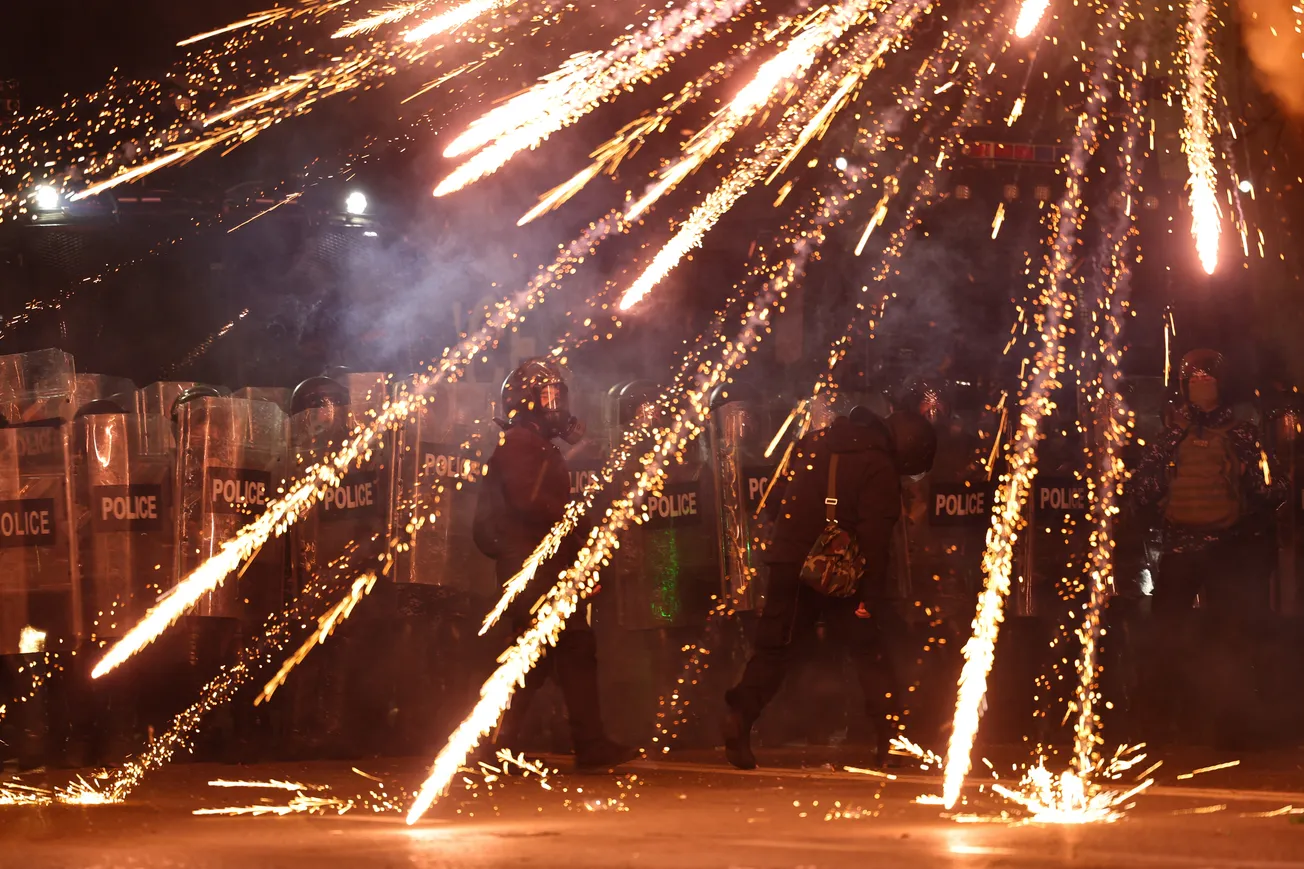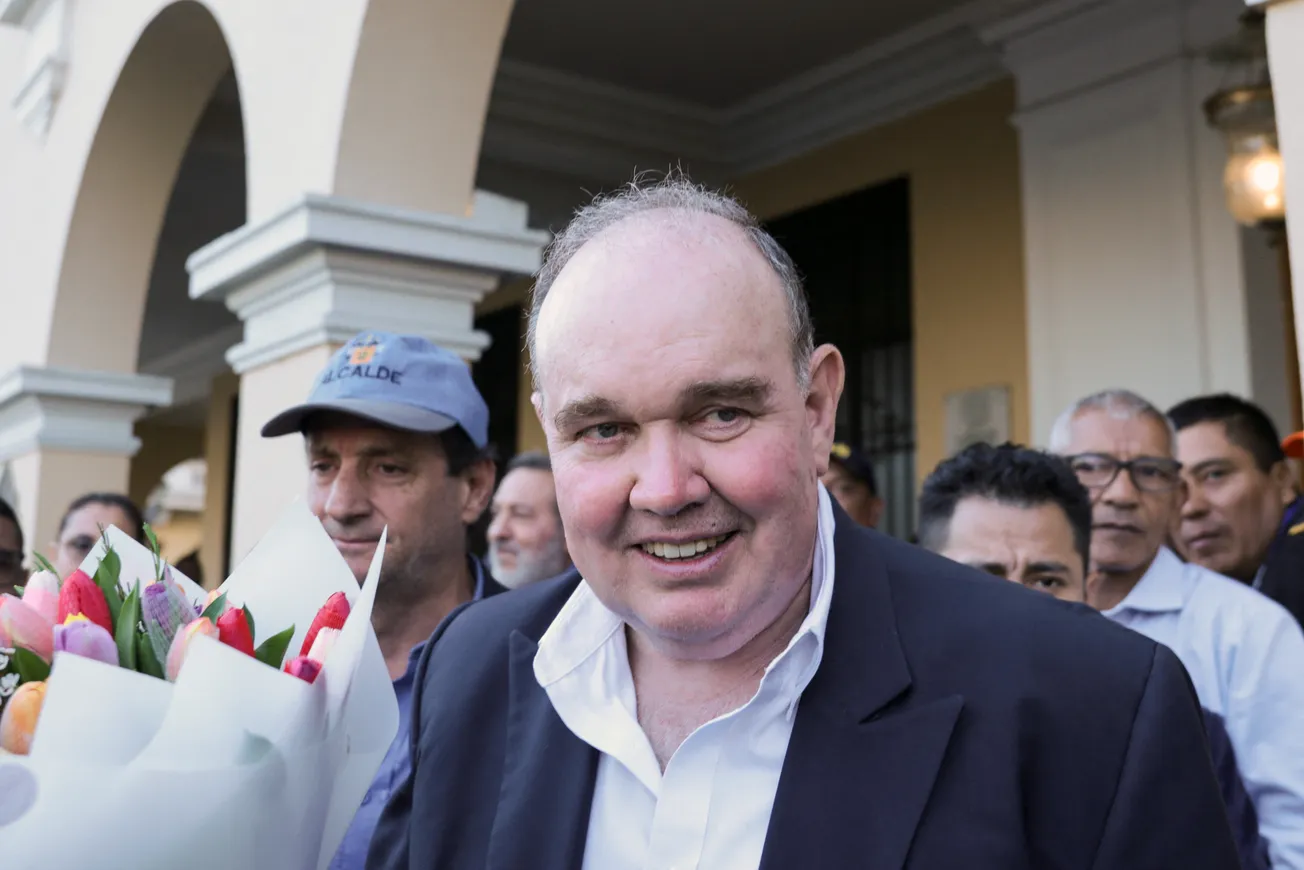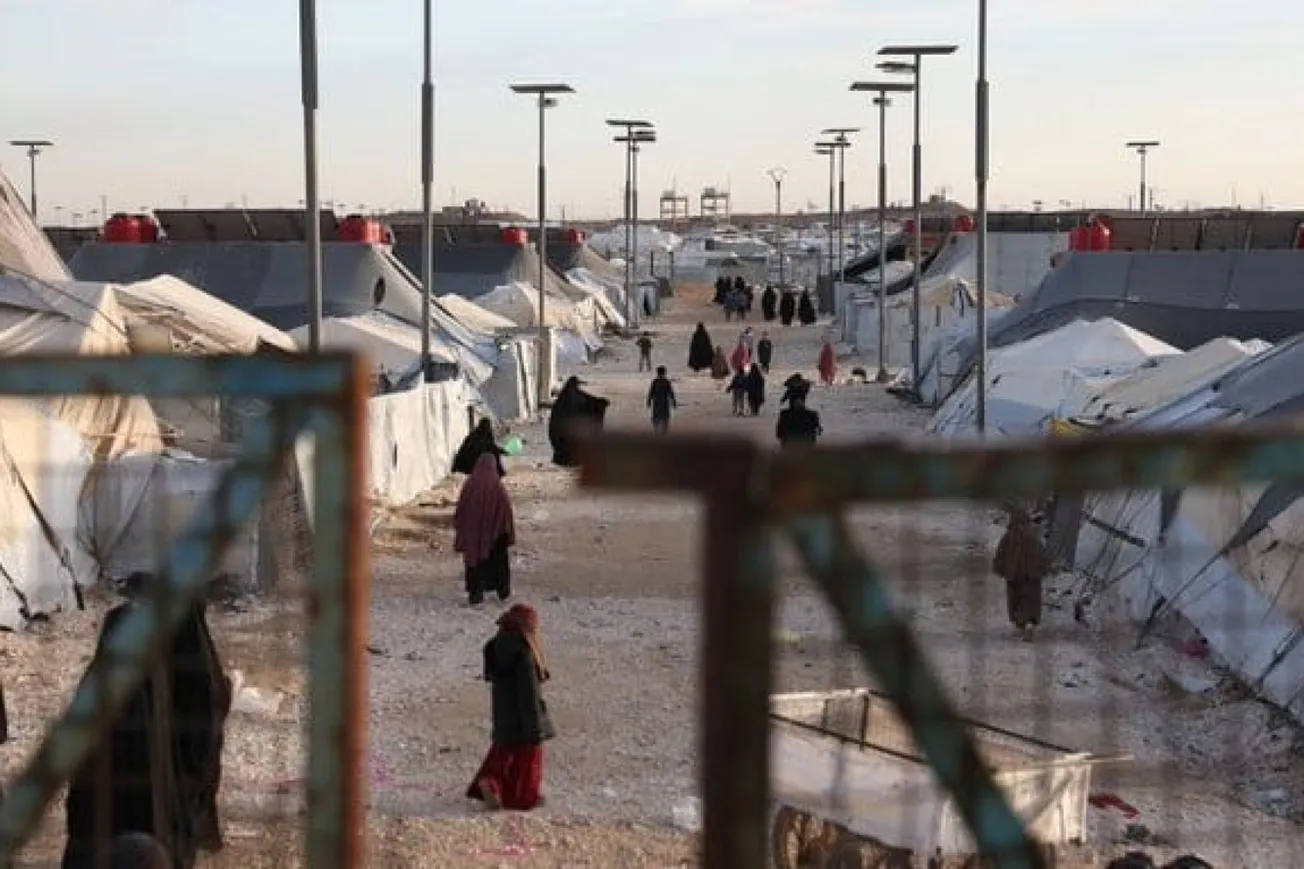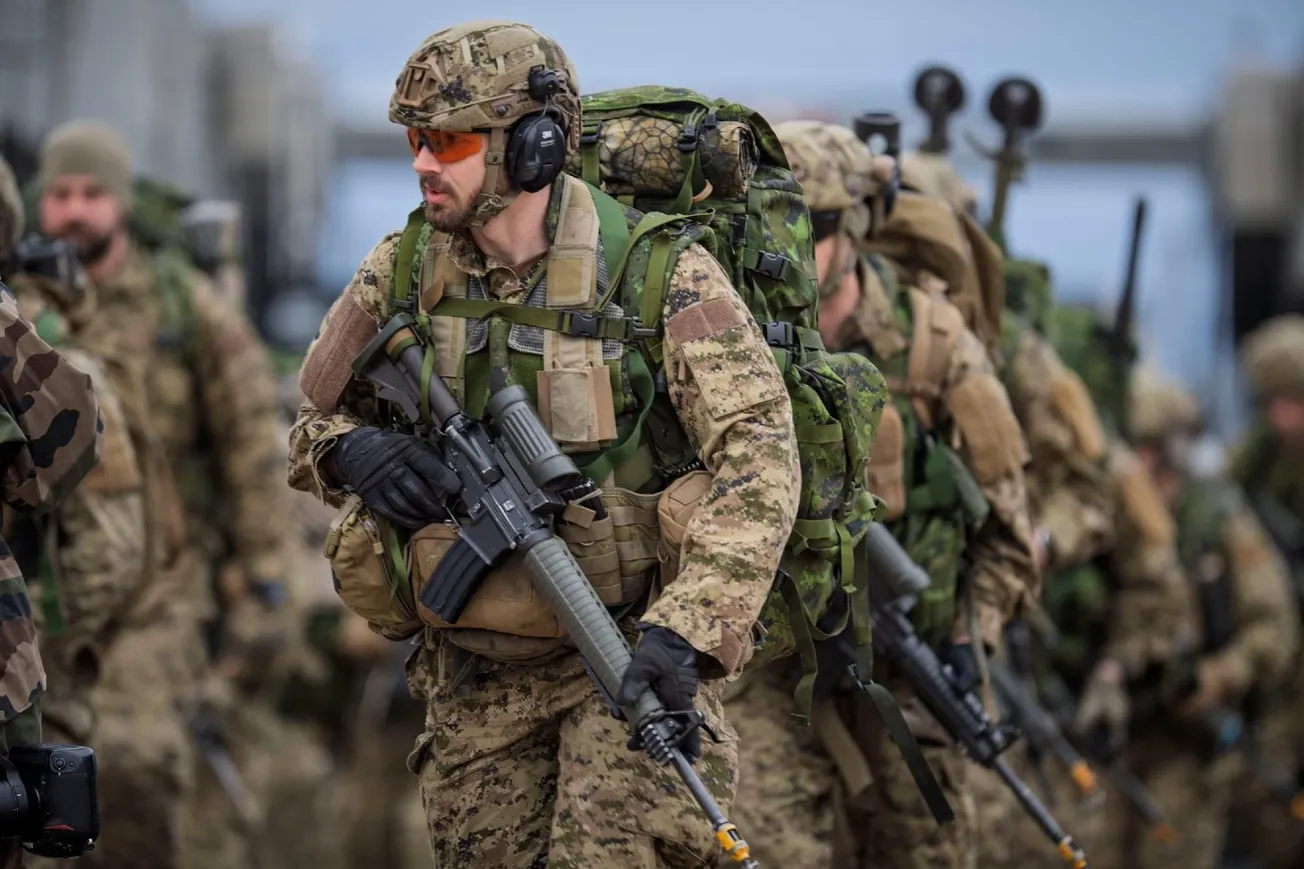A country's right to self-determination has been enshrined in international law for decades, but Western nations are at it again. The latest press reports state that the government in Georgia, a small country straddling Eastern Europe and Western Asia, is fighting hard to contain Western-led protests in its capital, Tbilisi. The scene is a play-by-play redo of what happened in Kyiv, Ukraine, in 2014. The West seems unwilling to let its hands go of internal matters in foreign countries, especially in Ukraine and Georgia.
Like Ukraine, Georgia became a democratic republic in 1991 following the fall of the Soviet Union. The small mountainous country is bordered by Russia to the north, Turkey and Armenia to the south, Azerbaijan to the southeast, and the Black Sea to the West.
However, unlike Ukraine, Georgia has been mired in regional conflicts since declaring its independence. In 1992, tensions rose between the Georgian government and South Ossetia separatists, who wanted to break away from Georgia to form their own country called South Ossetia. The Ossetians are an ethnic group of Iranian origin, split between North Ossetia (a federal republic within Russia) and South Ossetia (within Georgia). Moscow supported the separatists in this demand.
A significant escalation occurred in 2008 when Georgia attempted to regain control of South Ossetia, similar to when Ukraine attempted to assert control of Eastern Ukraine, including Crimea, which is mostly Russian-speaking. Again, like in Crimea, Russia intervened militarily in Georgia, leading to a short but intense war. Afterward, Russia recognized South Ossetia as an independent state, though the West considers it part of Georgia.
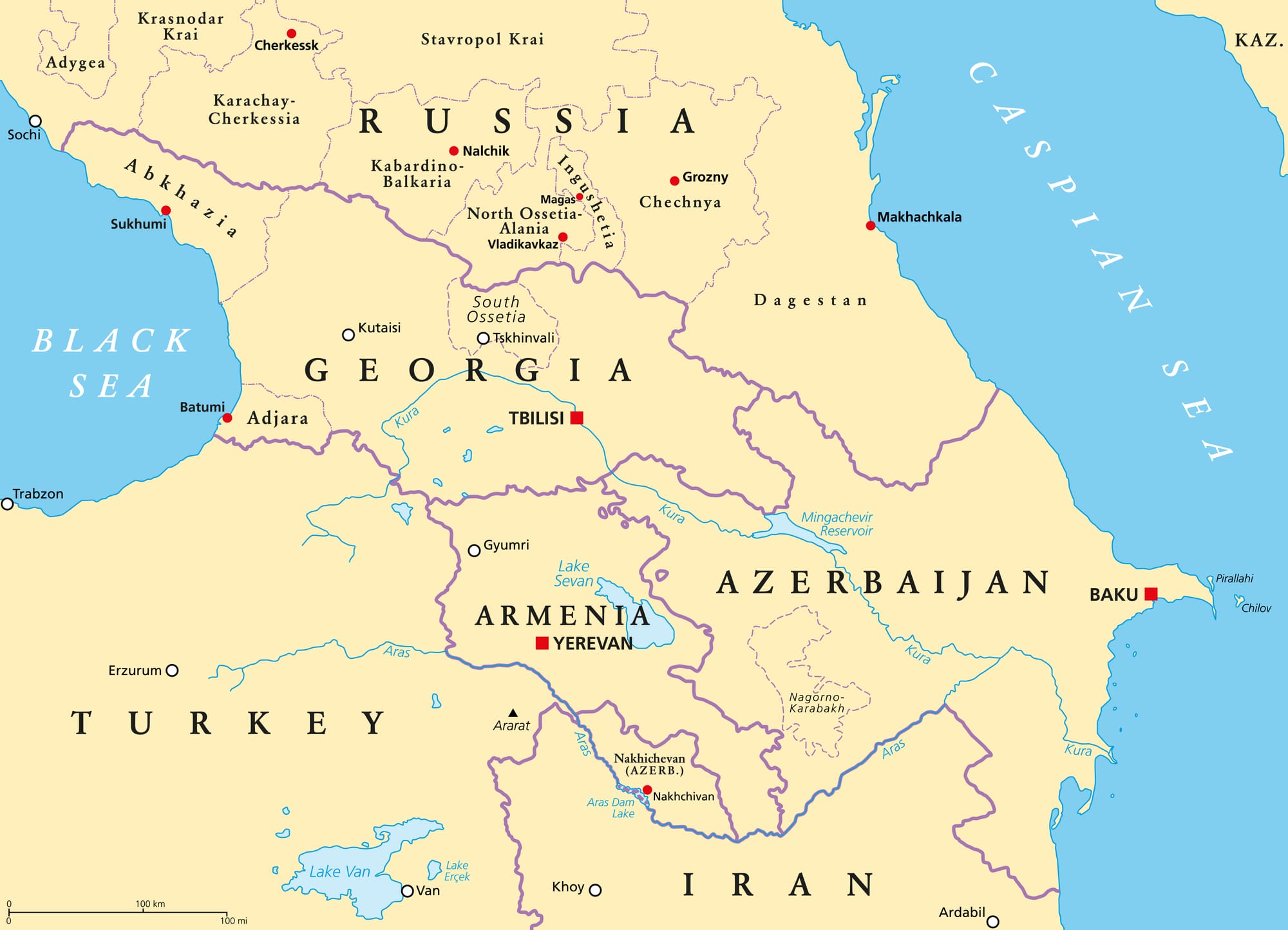
As NATO expansion moved eastward during the Clinton and Bush administrations, Russia had been steadfast in demanding that Georgia and Ukraine, with proud Russian cultural roots dating back hundreds of years, should remain neutral. Moscow complains that the West, which insists on selectively enforcing the rules of international order, is ever ready to support protests for the cause of freedom and democracy in foreign nations. Indeed, the West does not appear to respect that in a participatory democracy, Georgian citizens have elected members of Parliament who, in the wake of what is happening in Ukraine, are vehemently opposed to Western influence in their country.
In May, we warned that Georgia was struggling to avoid becoming Ukraine in 2014. Last week, the pro-western demonstrators (fully backed by the United States and the EU) were fighting against the government's riot police, which is attempting to bring order to the small country with a population of less than 4 million.
Two issues are front and center: election integrity and the country's plans to join the EU.
On October 26, Georgia went to the polls to elect members of its Parliament. Official results showed that the ruling Dream Party won, an outcome that the West disputed. According to France24, a French television channel, a partial ballot recount confirmed the ruling party's victory. The central election commission told AFP that the recount at some 12 percent of polling stations, involving 14 percent of the vote, "didn't lead to a significant change to previously announced official results." However, the pro-Western opposition said the vote was "stolen" by the ruling party and refused to recognize its results.
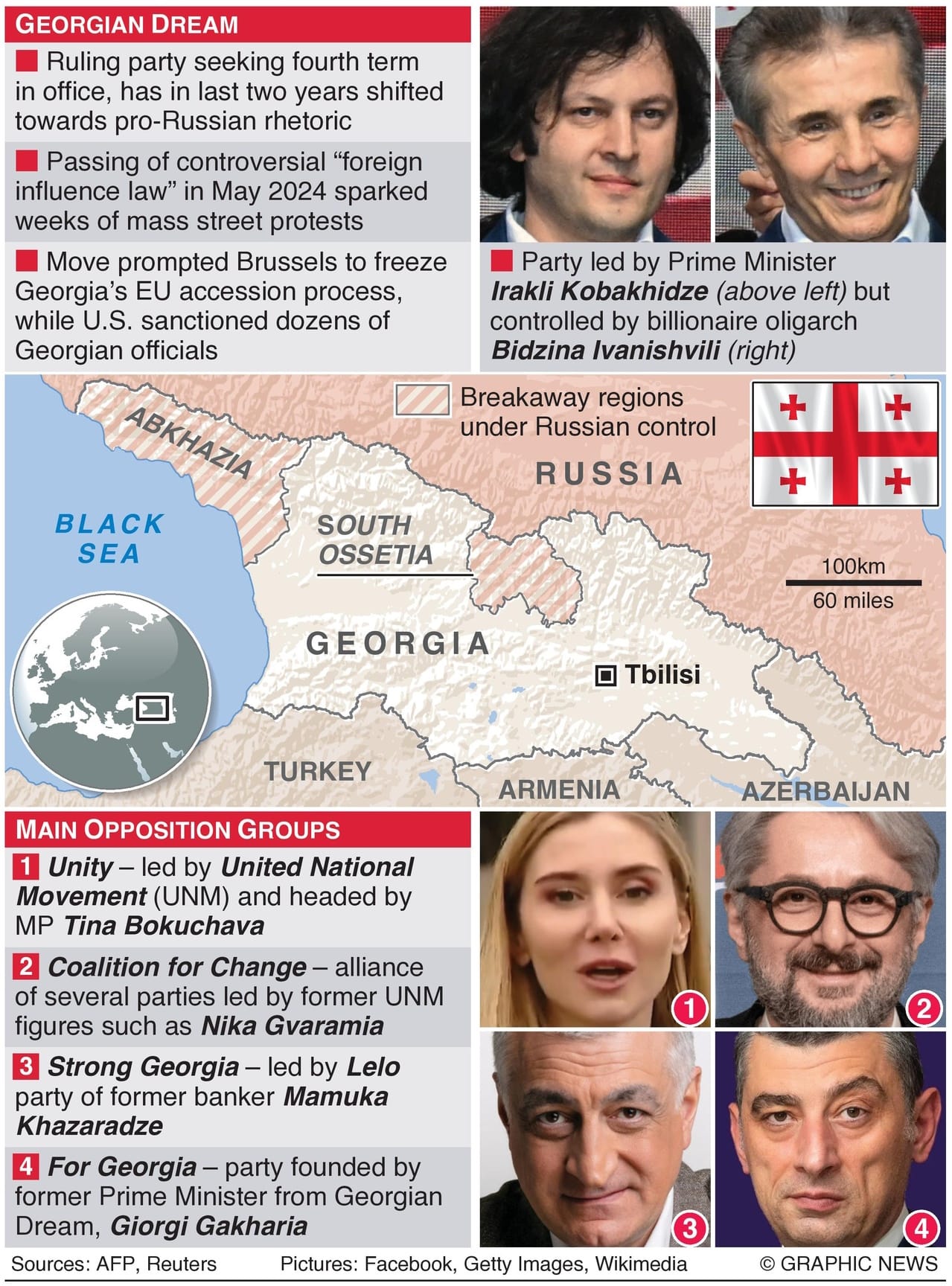
The second issue is the ruling party's declaration that it would suspend talks about the country joining the EU until 2028, although it insists that it has not abandoned the initiative. Pro-western demonstrators say that the suspension violates the spirit of the country's Constitution, which was amended in 2018, with full support from the West and the EU, to ensure the full integration of Georgia into the European Union and the North Atlantic Treaty Organization.
Under the hood, however, the cause of Western anxiety is rooted in a new law passed by the Georgian Parliament earlier this year: the Law on Transparency of Foreign Influence. One of the law's provisions requires mass media organizations (broadcasters, print media outlets, internet domains) receiving foreign funding to be labeled as "agents of foreign influence" if such support constitutes over 20% of their total revenue in the previous year. It was the Georgian government's response to the CIA, MI6, the State Department, and other Western agencies' alleged interference in Kyiv in 2013-2014 during the Maidan protests that ultimately caused Victor Yanukovich, Ukraine's pro-Russian President, to flee.
All the major Western powers had lobbied hard to prevent the proposal from becoming law because it would severely constrain the West's influence in Georgia. The European Union threatened Georgia, which now has "Candidate" status to be welcomed to the EU at a future date, that it risks having that status withdrawn. The United States did what it always does—it sanctioned those it believed were responsible for pushing a law America opposes, even if it is in a foreign country. "In response to these actions, the Department of State is implementing a new visa restriction policy for Georgia that will apply to individuals who are responsible for or complicit in undermining democracy in Georgia, as well as their family members."
The Georgian Parliament ignored these threats and pushed forward with the passage of the law. Western efforts then turned to the Georgian President, a largely ceremonial position, to pressure her to veto the law. President Salome Zourabichvili vetoed the law on May 18, but the Parliament held an override vote. The margin of votes to override the veto, at 84- 4, was overwhelming, bringing a stinging defeat to the West. Most parliamentarians in Tbilisi did not want a replay of Kyiv in their country.
If a majority of Georgians, as represented by their Parliament, agree with their government's decisions, what business does the West have in triggering protests? How would the West like it if Georgians were to incite protests in Western capitals against governments? Does the West want to create another conflict with Russia, this time about Georgia? Haven't we already had enough, with Ukraine in a conflict that continues to escalate?
The West never seems to learn from its mistakes. President-elect Trump has been quiet on the issue. Unless he applies a MAGA-centric approach to prevent America from interfering in Tbilisi, the world order is about to get rattled yet again.

